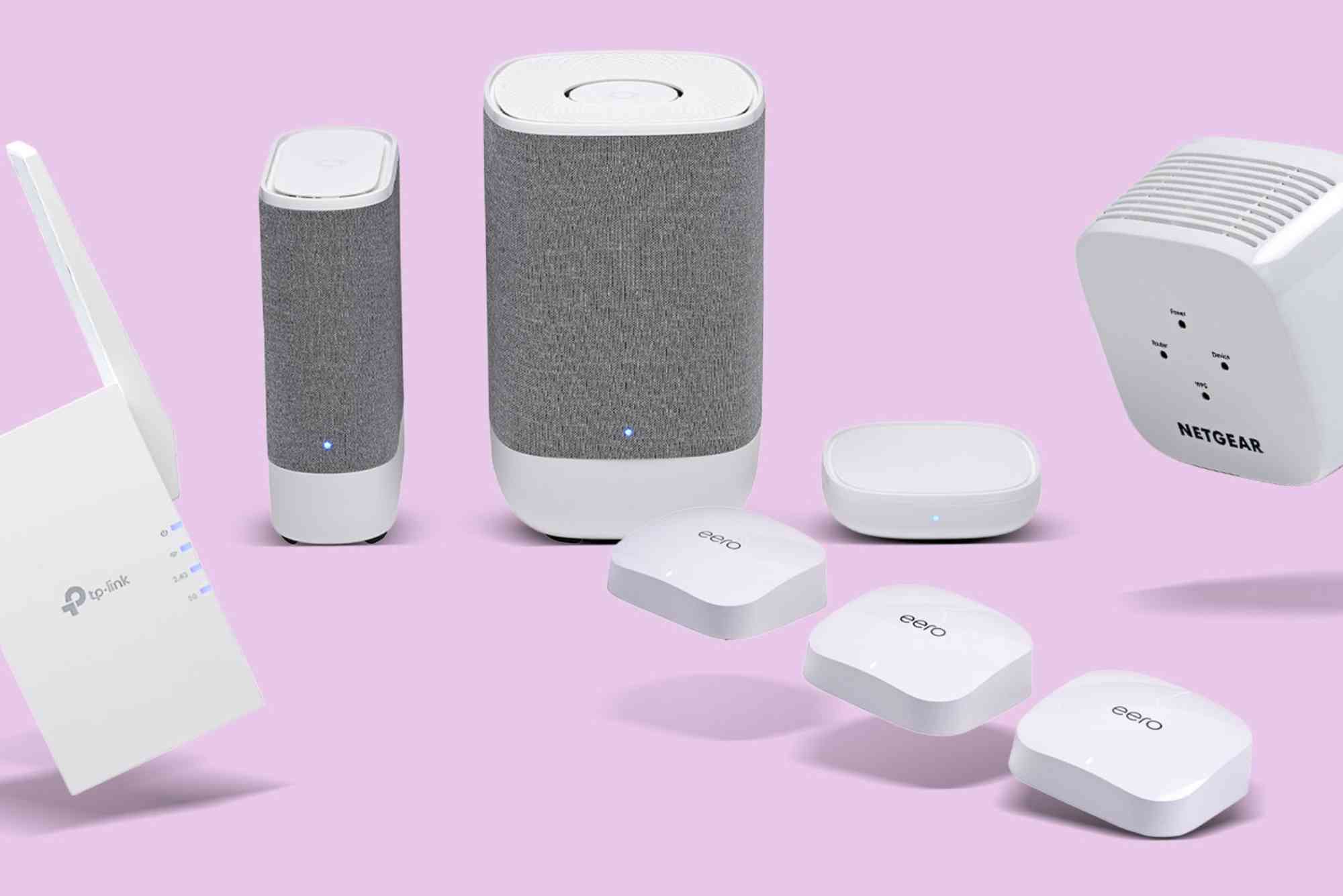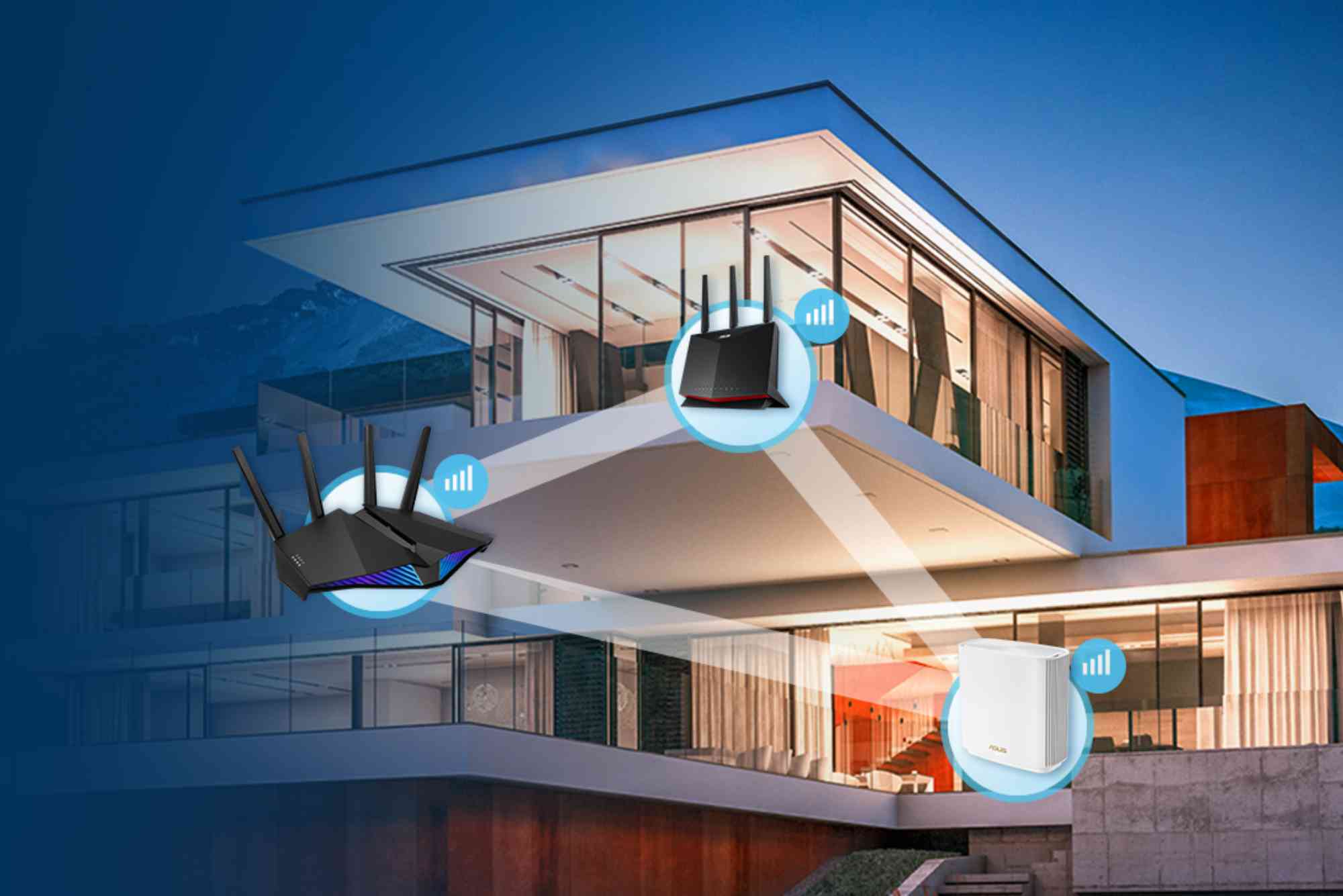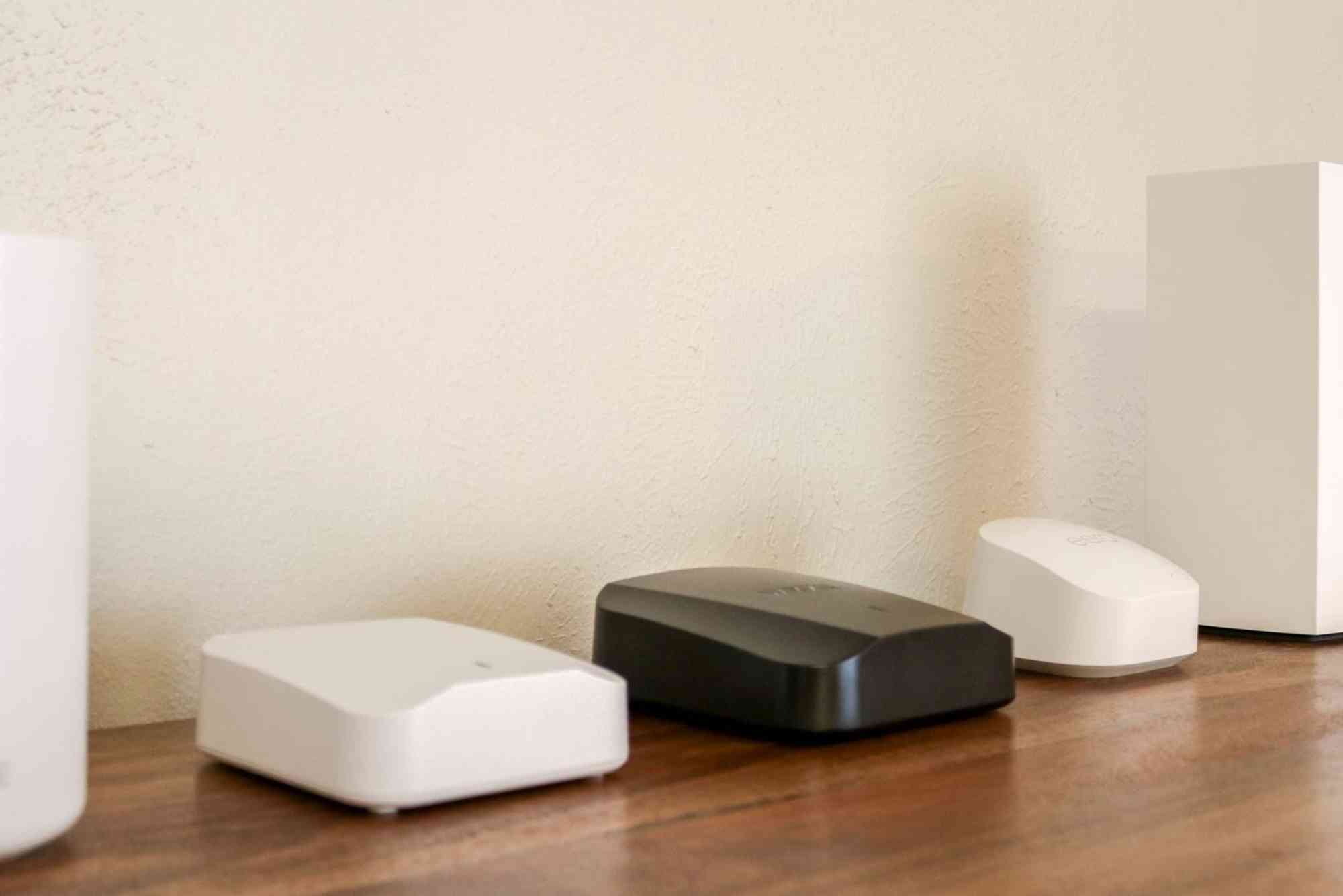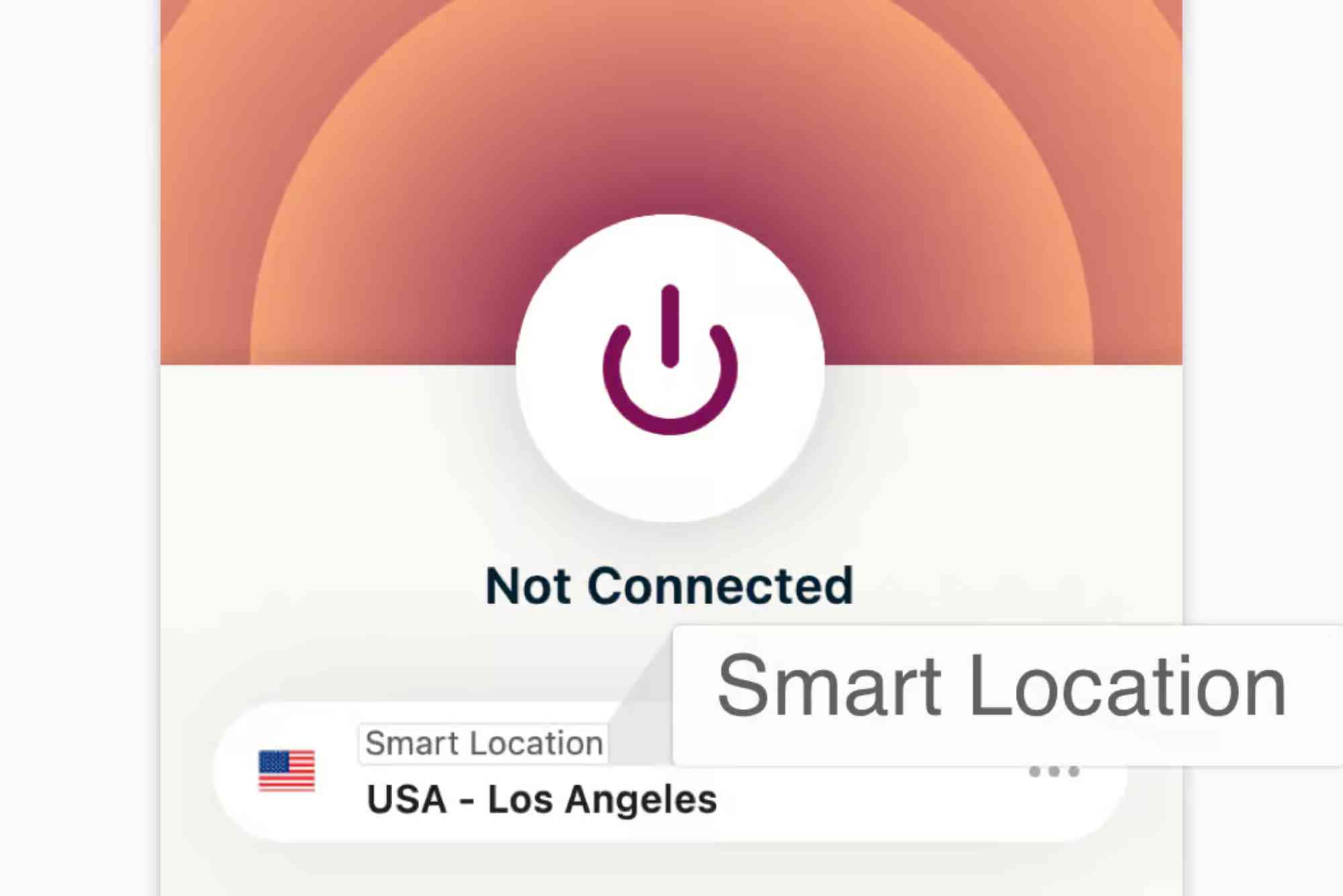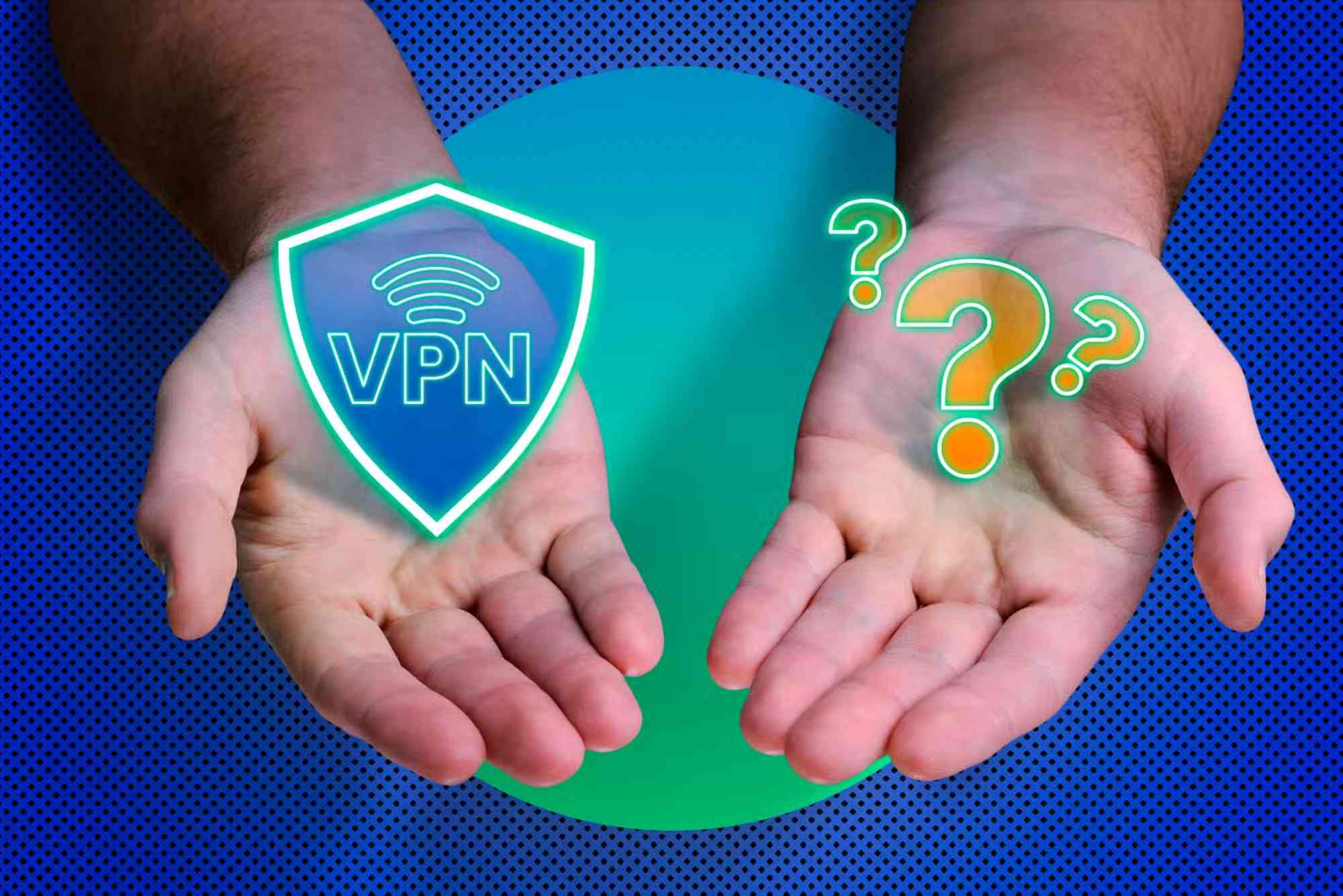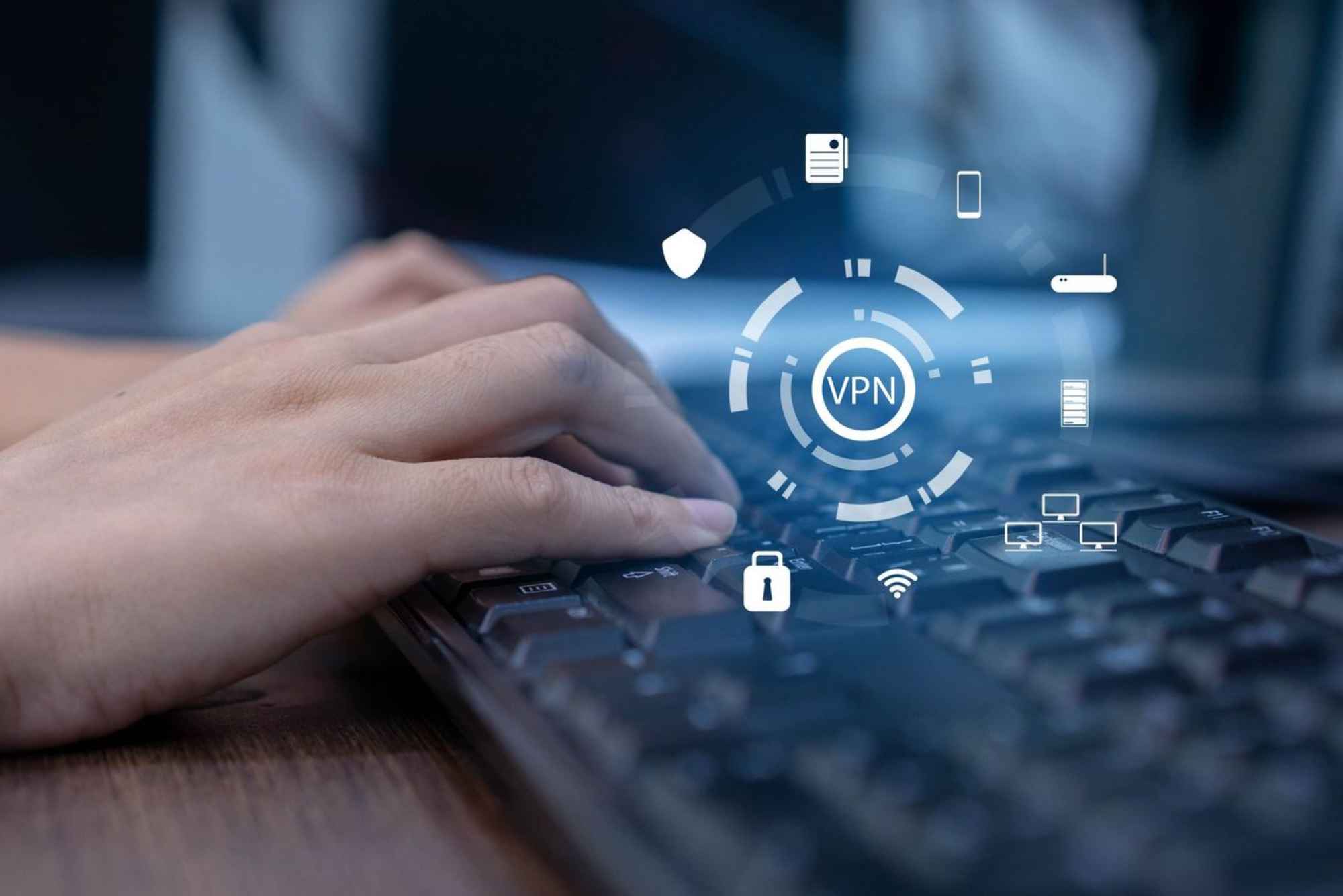Introduction
In today’s digital-first world, security threats are everywhere. From phishing emails to ransomware attacks, hackers are constantly searching for weaknesses to exploit. One of the most effective defenses against these dangers is a network firewall. Understanding what a network firewall is and why you need one can help you protect your data, devices, and business operations. Whether you are a home user or managing a company, firewalls play a critical role in ensuring safe internet use.
Understanding the Basics of a Network Firewall
A network firewall is a security system that monitors and controls incoming and outgoing traffic on your network. It acts like a digital barrier between your private network and the public internet. By analyzing data packets, a firewall decides whether traffic should be allowed or blocked based on pre-defined security rules.
Firewalls can be hardware-based, software-based, or cloud-based, but their purpose is the same: to safeguard your network from unauthorized access. Without one, hackers could freely exploit vulnerabilities and gain access to your sensitive information.
How Network Firewalls Work
A firewall acts like a gatekeeper. Every time data tries to enter or leave your network, the firewall checks it against its rule set. If the data appears safe, it passes through. If it looks suspicious, it is blocked.
For example, if someone tries to gain unauthorized access to your system, the firewall can block their attempt. Similarly, if malware attempts to send stolen data out of your network, the firewall can stop it before damage occurs. This proactive protection is why firewalls are essential in any cybersecurity strategy.
Packet Filtering
The most basic type of firewall uses packet filtering. This process inspects individual packets of data and allows or denies them based on source, destination, or protocol.
Stateful Inspection
More advanced firewalls use stateful inspection. This method doesn’t just check single packets; it analyzes the entire connection to ensure legitimacy.
Next-Generation Firewalls
Modern networks rely on next-generation firewalls (NGFWs). These include features like intrusion prevention, deep packet inspection, and application awareness. They go beyond basic filtering to provide comprehensive protection.
Why You Need a Network Firewall
Now that you know what a network firewall is, it is crucial to understand why you need one. Cybersecurity threats are evolving daily. A firewall is no longer optional but an absolute necessity for individuals and organizations alike.
Protection Against Hackers
Hackers are constantly scanning the internet for vulnerable devices. Without a firewall, your system becomes an open target. A firewall blocks unauthorized access attempts and makes it much harder for attackers to break in.
Safeguarding Personal Data
Your personal information—such as bank details, social media logins, and medical records—is highly valuable to cybercriminals. A firewall prevents unauthorized connections and protects your privacy from being compromised.
Preventing Malware Spread
Many forms of malware attempt to spread across networks. A firewall can detect and stop these attempts, reducing the risk of widespread infection in your home or business.
Controlling Employee Internet Usage
For businesses, a firewall is also a productivity tool. Employers can use it to control access to specific websites, reducing distractions and ensuring compliance with company policies.
Regulatory Compliance
Industries such as healthcare and finance require strict data protection. Firewalls help organizations comply with legal and industry regulations by securing sensitive information against breaches.
Types of Network Firewalls
Firewalls are not all the same. Depending on your needs, you can choose from different types of firewalls.
Hardware Firewalls
These are physical devices installed between your network and the internet. They provide strong security and are often used by businesses with multiple users.
Software Firewalls
Installed directly on individual devices, software firewalls are ideal for personal use. They allow users to customize rules and monitor applications on a specific system.
Cloud Firewalls
Also known as Firewall-as-a-Service (FWaaS), cloud firewalls are hosted online. They are scalable, making them a great option for businesses with remote employees or multiple branch offices.
Benefits of Using a Firewall
Using a firewall offers a range of benefits beyond basic security. It gives you peace of mind knowing your network is monitored and controlled.
Firewalls reduce risks of identity theft, prevent unauthorized file sharing, and stop malicious websites from stealing your information. They also provide detailed logs of network activity, which are valuable for diagnosing issues and investigating suspicious events.
For businesses, firewalls ensure secure communication between employees and customers. By reducing downtime caused by cyber incidents, they also save money and protect brand reputation.
Common Misconceptions About Firewalls
Some people believe that antivirus software alone is enough. While antivirus tools detect and remove malware, they cannot stop threats before they reach your device. Firewalls work proactively, blocking attacks before they cause harm.
Another misconception is that home users don’t need firewalls. In reality, home networks are just as vulnerable. With smart devices, online banking, and remote work setups, firewalls are essential for personal security.
Setting Up a Network Firewall
Setting up a firewall is easier than most people think. Many internet service providers include built-in firewall protection in their routers. However, for stronger security, you may need to configure settings or invest in a dedicated firewall.
If you are not comfortable handling technical configurations, companies like Dhanote Internet Services can assist with professional setup and management. Partnering with experts ensures your firewall is optimized for maximum protection.
FAQs
What is the main purpose of a network firewall?
The main purpose is to block unauthorized access while allowing safe communication between your network and the internet.
Do I still need a firewall if I have antivirus software?
Yes. Antivirus removes threats already on your device, but a firewall prevents them from entering in the first place.
Can a firewall protect against all cyberattacks?
No single solution is perfect. Firewalls provide strong protection but should be combined with other security tools like antivirus and VPNs.
Are firewalls only for businesses?
No. Home users also benefit from firewalls, especially with the rise of smart home devices and remote work.
How do I know if my firewall is working?
Check your system or router settings to confirm it is enabled. You can also review logs or run firewall test tools online.
In an age where cyber threats are becoming more sophisticated, understanding what a network firewall is and why you need one has never been more important. A firewall acts as your first line of defense, protecting personal data, business assets, and online communications. Whether you choose a hardware, software, or cloud-based firewall, the investment is worth the peace of mind it provides.Network Firewall: What & Why You Need One

